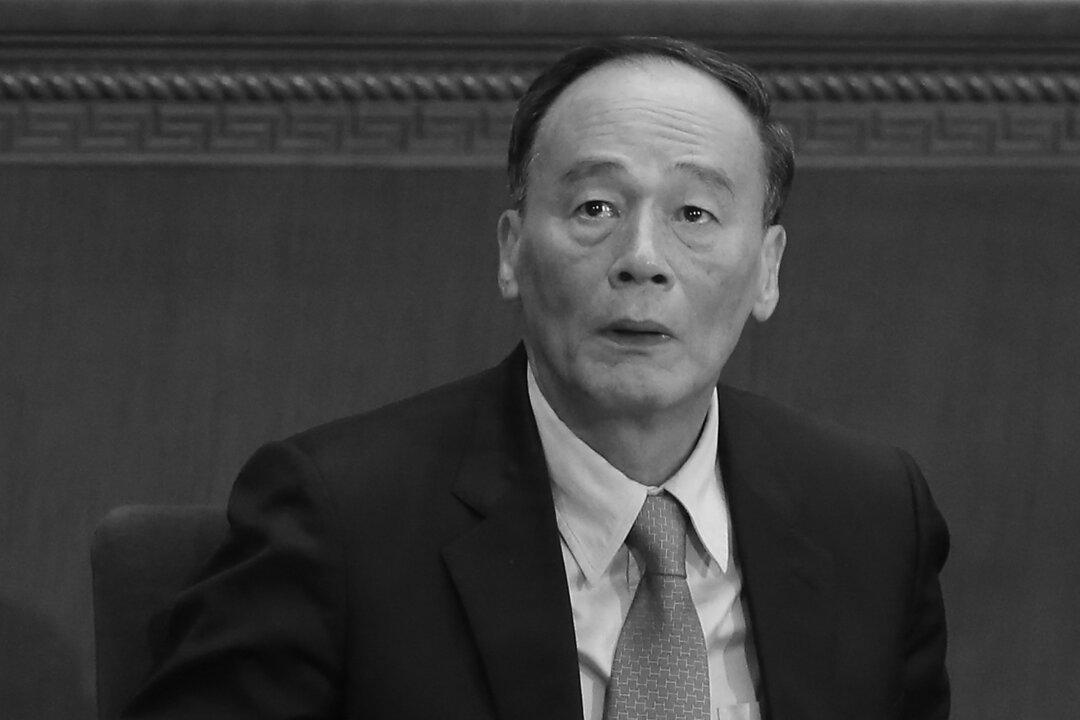The Chinese Communist Party’s anti-corruption task force, the Central Commission for Discipline Inspection, said that it has punished a total of 6,576 officials in three provinces over the past 8 months.
The officials were disciplined for their violations of law and Party rules, the reports said—though usually such locutions are another way of saying “corruption.”
Three provinces were involved: Guizhou, Gansu and Jilin Provinces, in China’s southwest, northwest, and northeast respectively.
The report said that both the numbers of officials being punished and the officials involved in corruption had increased dramatically from last year, though the reasoning for the latter was not explained. Detailed numbers were provided of the increases in percentages of cases where disciplinary action was taken in the various provinces.
The precise punishments meted out to the miscreants was not explained. Party investigative procedures can sometimes involve mere slaps on the wrist. In other cases disciplinary action can involve the handing over of suspected malefactors to sadistic enforcers, not officially government employees, who carry out beatings and torture on those suspected of wrongdoing in order to extract confessions.
This takes place through what is called the shuanggui process—a secretive internal Party disciplinary and interrogation procedure used for those suspected of corruption.
It was unclear from reports whether the thousands of officials targeted over the last 8 months in those three provinces were all dealt with under shuanggui, which may have been a tax on the resources of those areas’ anti-corruption agencies.




